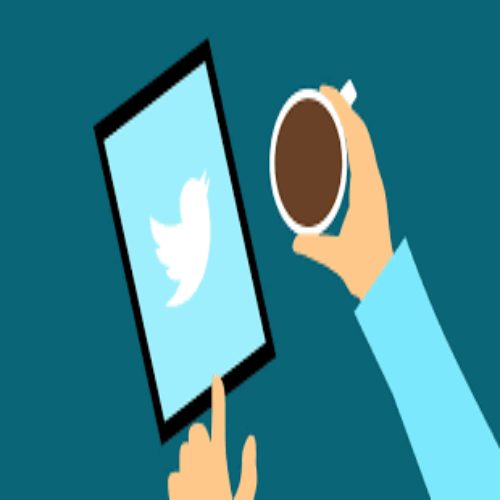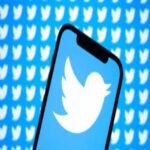
On June 5th, 2021, digital marketer Wunmi experienced a major setback when she lost a contract worth ₦600,000 ($1,200). The marketing campaign, scheduled to start the following day, was abruptly canceled due to directives from higher authorities. Stunned, she found herself grappling with this unexpected development.
That same day, around 39 million Nigerians discovered that access to Twitter had been blocked by ISPs like MTN and Airtel, with VPNs as their only workaround.
Peju, the owner of Abebi Organics, recalls the initial disbelief and jokes that turned serious as everyone realized they could no longer tweet.
Two weeks into the Twitter ban, businesses that had thrived on the platform faced dire consequences. The Nigerian government had indefinitely suspended Twitter, accusing it of enabling threats to the nation’s stability.
Wunmi’s woes didn’t end with the first loss. Another deal worth ₦700,000 ($1,400) fell through, leaving her feeling that all her efforts had gone to waste. She did receive ₦150,000 ($333) for preliminary work, but it was little consolation.
Impact on Businesses
For many Nigerians, the ban disrupted their sources of news, networking, and opportunities. Businesses saw a sharp drop in engagement and sales.
Nifries, an online food delivery service heavily reliant on Twitter, noticed a significant reduction in customer interactions. Founder Feranmi Ajetomobi explained that “anon” sales, which constituted about 20% of their business, were hit hard. Anon sales are when people anonymously purchase items for others. VPN usage issues compounded the problem, as many customers struggled to access Twitter.
Habib, who runs the clothing company Smiley Socks, also observed decreased engagement and sales via Twitter. He turned to other platforms like Instagram, SEO for his website, and even experimented with TikTok, seeing promising early results.
With two lost deals totaling over $2,500, Wunmi is exploring alternatives like IG Reels and TikTok for her marketing efforts. She continues to use Twitter via VPN for the few clients who are comfortable with it, though many fear government retaliation.

Comparing Platforms
Charles Isidi, a growth marketer and digital consultant, supports diversifying digital marketing channels but notes the potential complications. He observed a significant drop in engagement on his personal Twitter account due to the ban.
Isidi warns that the ban will affect advertising efficiency across platforms, as VPN usage skews user locations. He also raises concerns about cybersecurity risks from free VPNs.
Businesses may need to pivot to other social media, but Isidi emphasizes that Twitter’s cost-effectiveness and viral potential are unmatched. He points out the challenge of replicating Twitter’s reach and engagement on platforms like Facebook or Instagram.
Financial Implications
Using an example, Isidi calculates that a brand with 20,000 followers could typically expect 1-3 million impressions, resulting in 1,000 – 3,000 new customers. With an average transaction value of $3 per month, the ban could lead to losses of $3,000 – $9,000 monthly per business.
The ongoing Twitter ban means Nigerian businesses are facing significant financial losses, and even if lifted, the long-term damage to their audience reach remains uncertain.
Note: Names have been changed to protect their identities.


